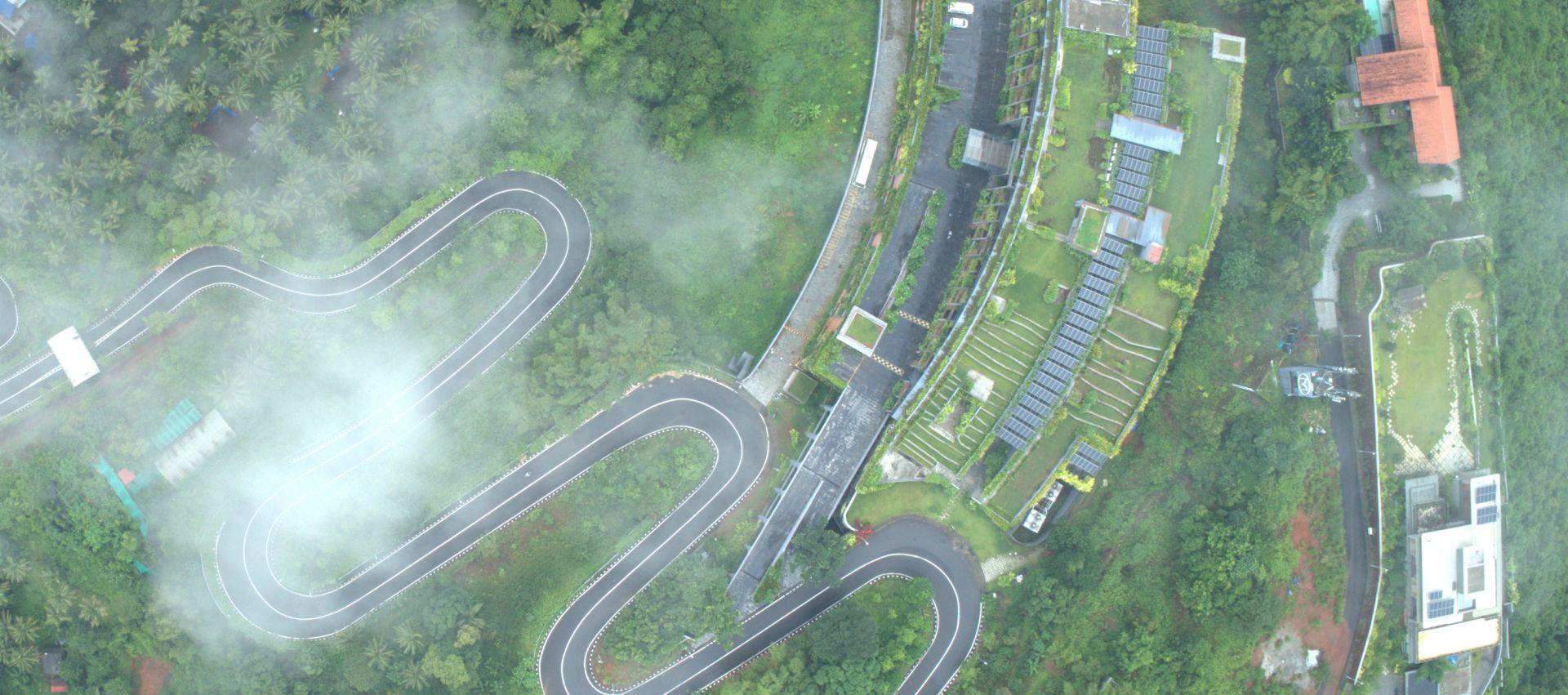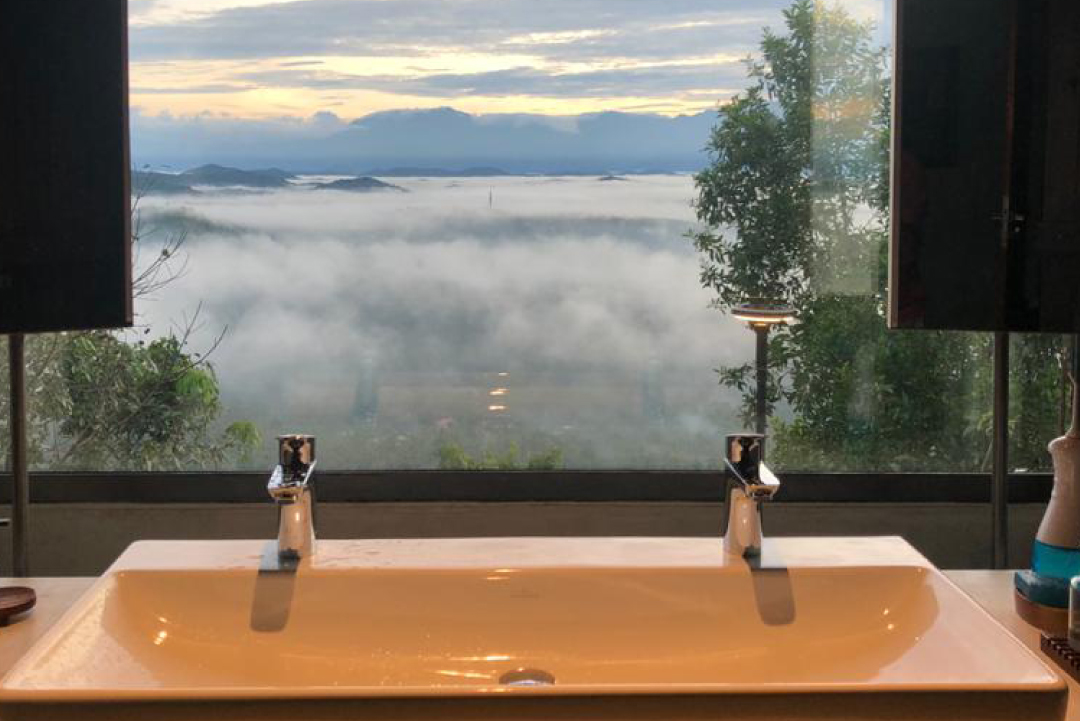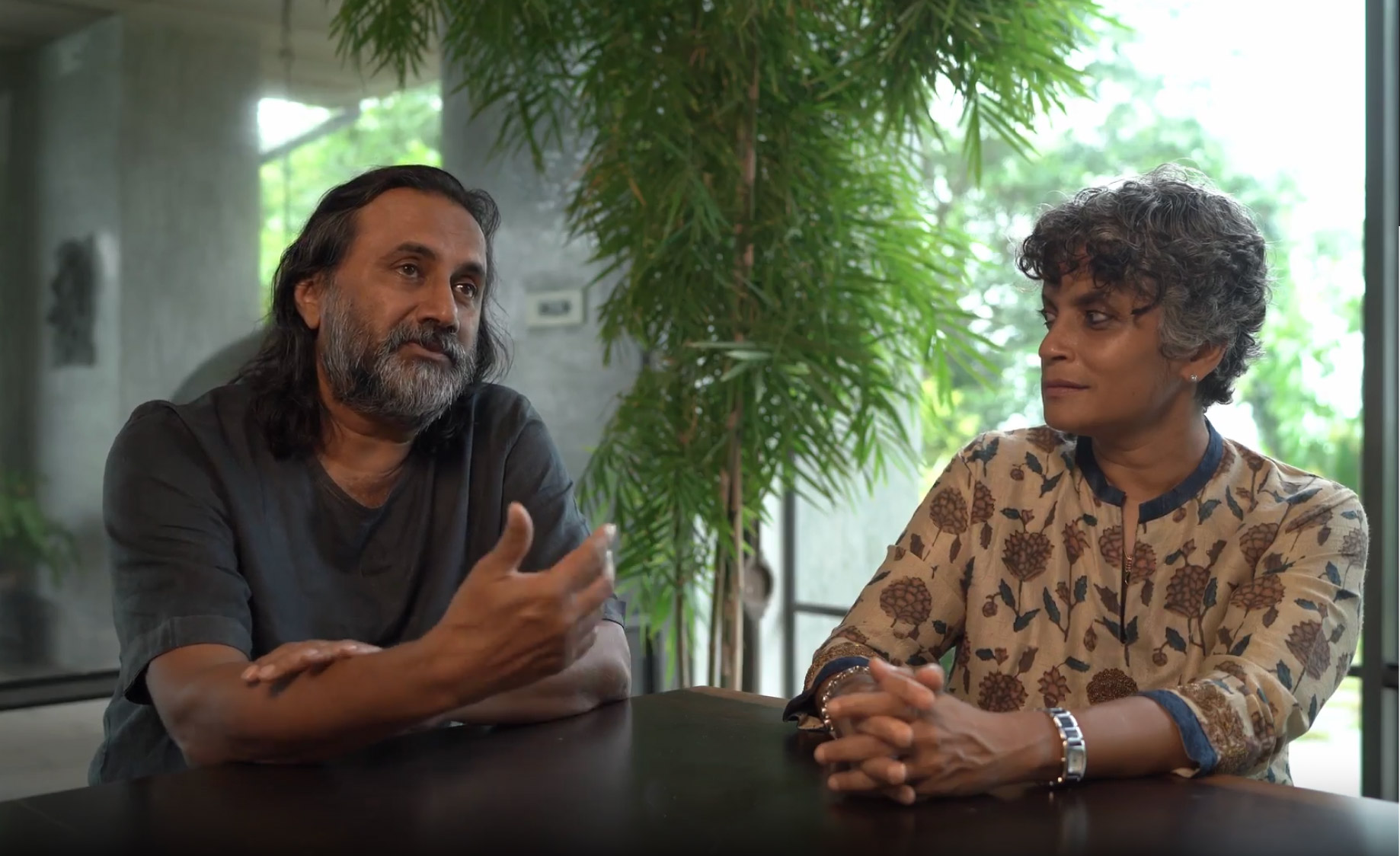DISCLAIMER
Malabar Developers expressly disclaims any duty to update or revise the materials on this site, although it may modify the materials at any time without notice. By your use of this site, you acknowledge that your use is at your sole risk and that you assume full responsibility for all costs associated with all necessary servicing or repairs of any equipment you use in connection with your use of this site. You further acknowledge that Malabar Developers shall not be liable for any damages of any kind related to your use of this site.
You agree to defend, indemnify and hold Malabar Developers harmless from and against any and all claims, damages, costs and expenses, including attorneys’ fees, arising from or related to your use of the Site.
For any clarification please feel free to call +91 9605000916 or walk into our offices. Our representatives will always be at your service.














